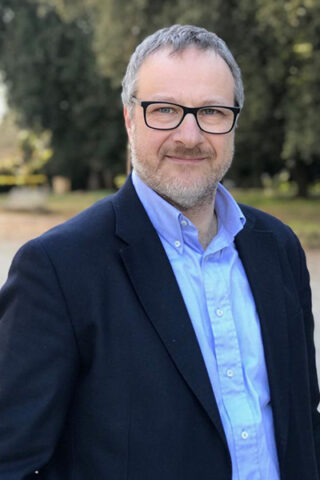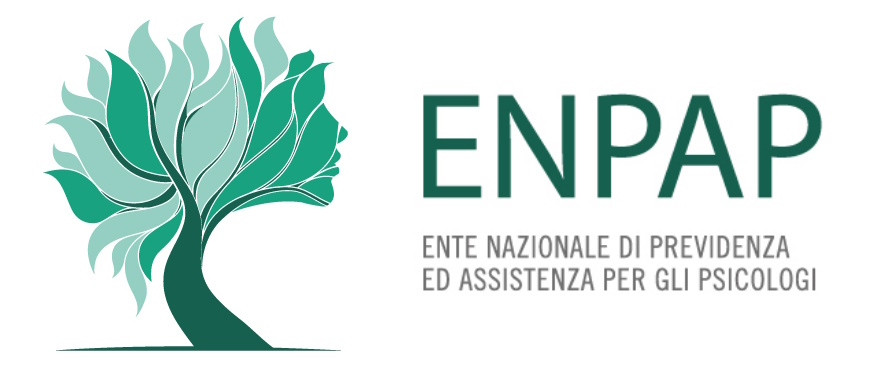Contacts
Tel. +39 06 94532630
segreteriagenerale@enpap.it

Tel. +39 06 94532630
segreteriagenerale@enpap.it
President of ENPAP National Institute for Pension and Assistance of Psychologists

57 years old, married, with three children, living in the province of Rome.
As a psychologist and psychotherapist, he has always been committed to two fronts: working with individuals facing significant challenges – severe psychiatric patients – on one side and dealing with social situations with great potential – families, groups, local communities and organizations, on the other side.
He practices privately as a psychologist and psychotherapist and, in addition to working in his office with young adults and couples, he has always worked in the local area and with social networks.
He is the Medical Director of a Day Center focused on therapy and social and work reintegration for people with severe mental health issues and the Clinical Director of a Psychiatric Therapeutic Community.
In 2005, he was among the founders of the association “AltraPsicologia”, the main representative organization for psychologists in Italy. Since May 2013, he has been the president of ENPAP (National Institute for Pension and Assistance of Psychologists), which has more than 85,000 members.
In 2018, he co-founded a startup, with a group of colleagues, to study and develop innovative models for remote professional psychology services.
As president of ENPAP, he has supported innovative and collaborative initiatives among institutional investors, including the experience of “Aristotele Senior”, a real estate fund for senior living, launched in synergy with other pension institutions. The goal is to apply emerging psychological competencies to enhance the quality of life in old age.
Understanding the ongoing social changes and their impact on individual and collective psychological processes is essential to fully respond to the social mandate of the psychology profession.
Today, more than ever, there is a need to explore the connections between the multiple manifestations of contemporaneity and professional psychology, to probe emerging needs and new demands on the applied competencies of psychology, and to focus on the contribution psychologists can make to alleviate the imbalances induced by the transformations around us in such a permanently changing and fragile era.